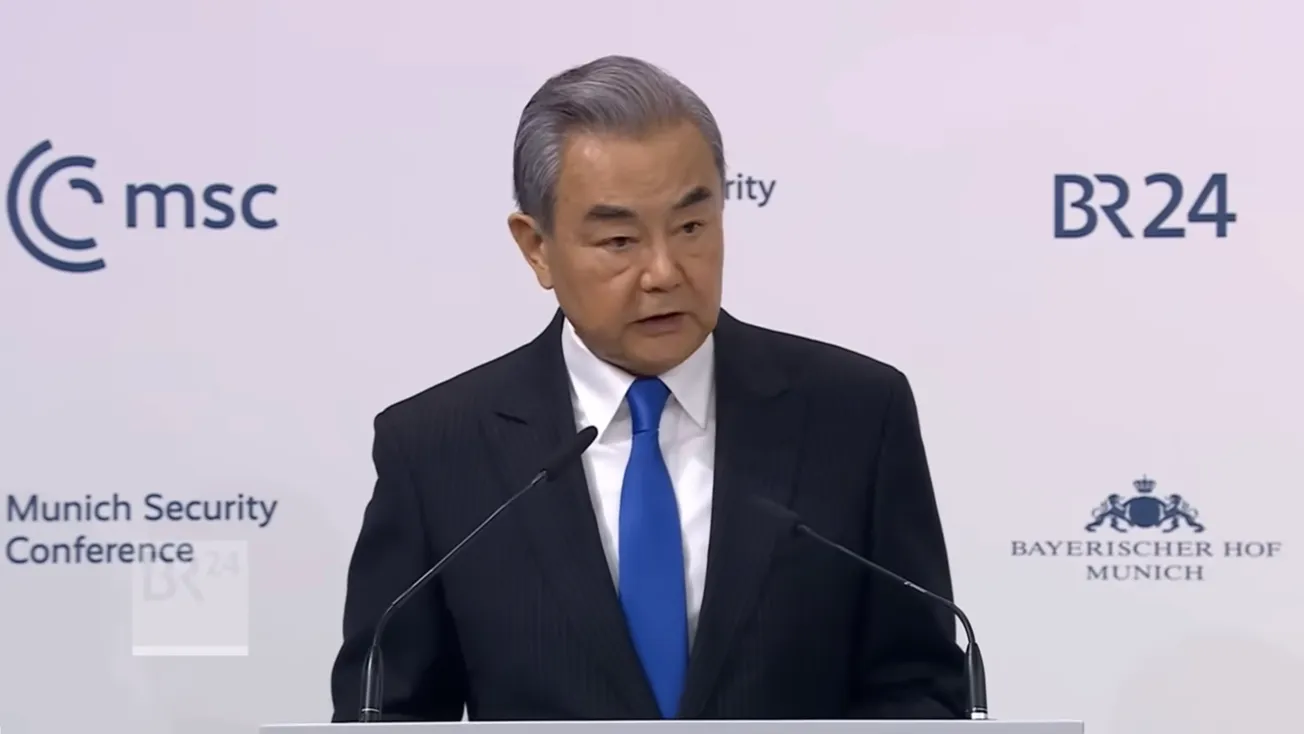The two-day “International Conference on Central and South Asia Regional Connectivity, Challenges and Opportunities” organized by the Uzbek government, opened today in a flag-decorated Tashkent. Some 250 participants and 40 delegates from all the regional countries plus many other interested parties participated. High-level participants include the heads of state of Uzbekistan, Afghanistan and Pakistan and the foreign ministers of China, Russia, Iran, India and Turkey; diplomatic representatives from the US, Japan, and the European Union. Representatives of leading international organizations, including financial institutions, are among the other guests.
Uzbekistan began organizing this conference last February, in order to discuss how the economies of Central and South Asia can all grow through agreements for multiple regional railroad and other transportation infrastructure. Now, with the withdrawal of U.S. and NATO troops from Afghanistan, the role of those great regional infrastructure projects in securing peace and development is front-and-center in these discussions.
“The main purpose of this conference is deepening cooperation between countries from Central Asia and South Asia in trade and energy issues and other brands of cooperation,” Dilshod Saidjanov, First Deputy Director of Uzbekistan’s Agency for Information and Mass Communications, told India’s ANI today. He explained that land-locked Uzbekistan seeks to reshape transportation in the region, to overcome its long-standing difficulties in reaching the ocean, and “we need cooperation from South Asian countries” to get there.



